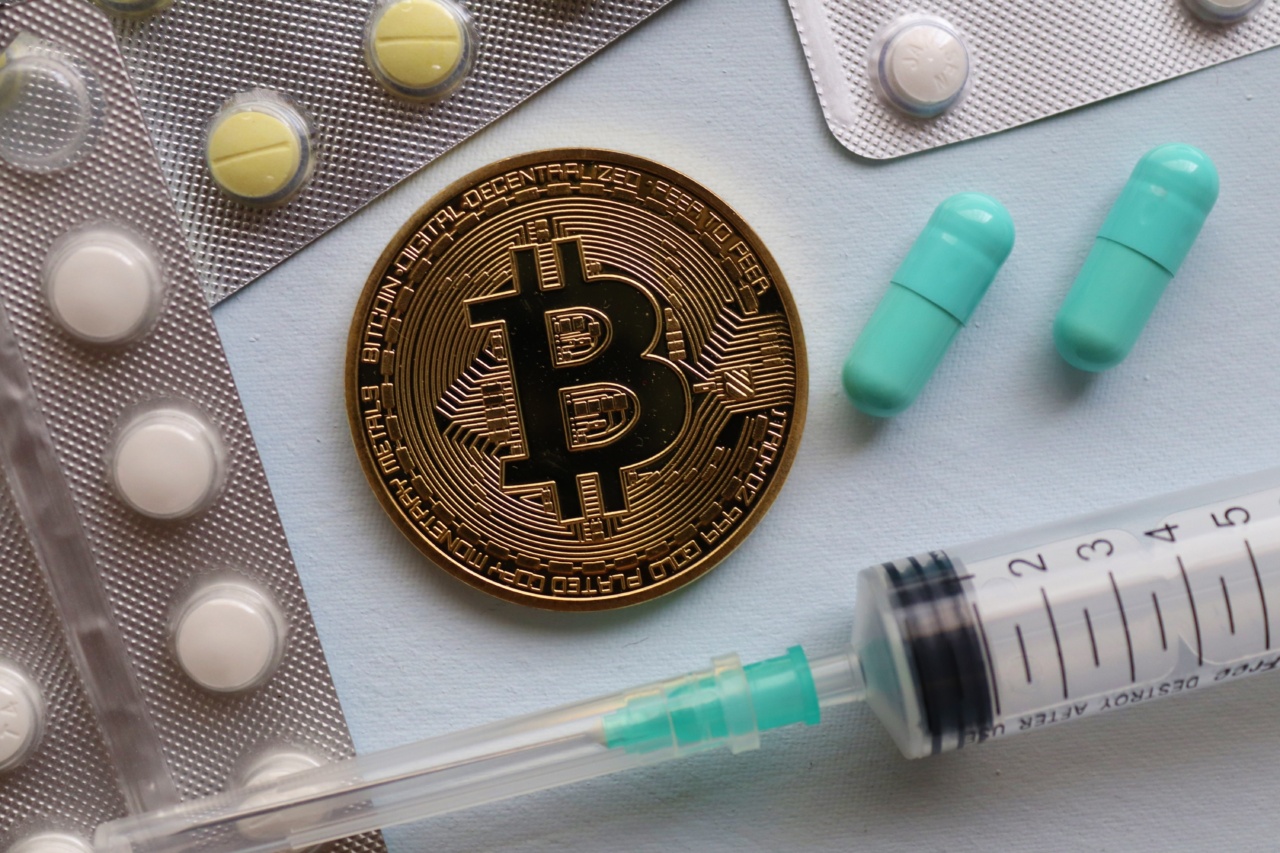Iron is an essential mineral that plays a crucial role in the human body. It is responsible for the production of hemoglobin, which carries oxygen to all parts of the body, and helps in the formation of red blood cells.
Iron also plays a vital role in energy production and the functioning of the immune system. However, while iron is necessary for several bodily functions, too much or too little iron in the body can lead to health problems.
The Importance of Iron in Health
Iron is involved in a wide range of physiological processes and is necessary for maintaining good health. Here are some of the key health benefits of iron:.
1. Oxygen Transport and Energy Production
Hemoglobin, the protein in red blood cells that carries oxygen, relies on iron to function properly. Iron helps bind oxygen in the lungs and releases it to tissues throughout the body.
This oxygen transport is crucial for energy production, as cells need oxygen to produce energy through a process called cellular respiration. Without sufficient iron, this process is hampered, leading to fatigue and decreased physical and mental performance.
2. Prevention of Anemia
Iron deficiency is one of the leading causes of anemia worldwide. Anemia occurs when the body lacks enough healthy red blood cells to carry oxygen to tissues.
The symptoms of anemia include fatigue, weakness, shortness of breath, and decreased cognitive function. Consuming enough iron in the diet can help prevent or treat anemia and restore optimal oxygen-carrying capacity.
3. Immune System Function
The immune system relies on iron for its optimal functioning. Iron is essential for the proliferation of immune cells, such as lymphocytes and macrophages, which play a crucial role in defending the body against infections.
Iron deficiency can weaken the immune system, making individuals more susceptible to infections.
The Dark Side of Iron: Harmful Effects
While iron is necessary for good health, excessive levels can have harmful effects on the body. Here are some of the potential harms associated with iron:.
1. Iron Overload Disorders
Hemochromatosis is a genetic disorder that leads to excessive iron absorption from the diet. This condition can result in iron overload, as the body is unable to regulate iron levels effectively.
Iron accumulation in organs such as the liver, heart, and pancreas can cause damage and lead to serious health consequences. Symptoms of iron overload disorders include joint pain, fatigue, and abdominal pain.
2. Oxidative Stress and Free Radicals
Iron can participate in harmful reactions within the body, leading to the production of free radicals.
Free radicals are highly reactive molecules that can cause oxidative damage to cells and contribute to the development of chronic diseases such as cancer, cardiovascular diseases, and neurodegenerative disorders. While the body has natural defense mechanisms against oxidative stress, excessive iron levels can overwhelm these defenses and increase the risk of oxidative damage.
3. Risk of Cardiovascular Disease
Elevated iron levels have been associated with an increased risk of cardiovascular diseases such as heart attack and stroke. Iron can promote the oxidation of low-density lipoprotein (LDL) cholesterol, leading to the formation of plaque in the arteries.
This plaque buildup can restrict blood flow and increase the risk of cardiovascular events.
Managing Iron Levels for Optimal Health
Understanding the delicate balance of iron in the body is essential for maintaining optimal health. Here are some strategies to manage iron levels:.
1. Iron-Rich Diet
Eating a balanced diet that includes iron-rich foods can help prevent deficiencies without the need for supplementation. Good sources of dietary iron include lean meats, poultry, fish, legumes, fortified cereals, and dark leafy greens.
Consuming these foods alongside sources of vitamin C, such as citrus fruits or bell peppers, can enhance iron absorption.
2. Regular Monitoring of Iron Levels
Regular blood tests can help assess iron status and identify any deficiencies or excesses. This monitoring is especially important for individuals at risk of iron overload disorders or those with chronic diseases that can affect iron metabolism.
3. Iron Supplementation
In cases where iron levels are significantly low, iron supplementation may be necessary under the guidance of a healthcare professional. It is important to follow the recommended dosage, as excessive iron supplementation can have adverse effects.
The Bottom Line
Iron is undoubtedly vital for our overall health and well-being. It plays a crucial role in oxygen transport, energy production, and immune system function.
However, maintaining a delicate balance is crucial, as both deficiencies and excesses of iron can lead to health problems. By understanding the importance of iron in the body and implementing appropriate diet and monitoring strategies, individuals can ensure optimal iron levels and reap the benefits while avoiding the harms.



























